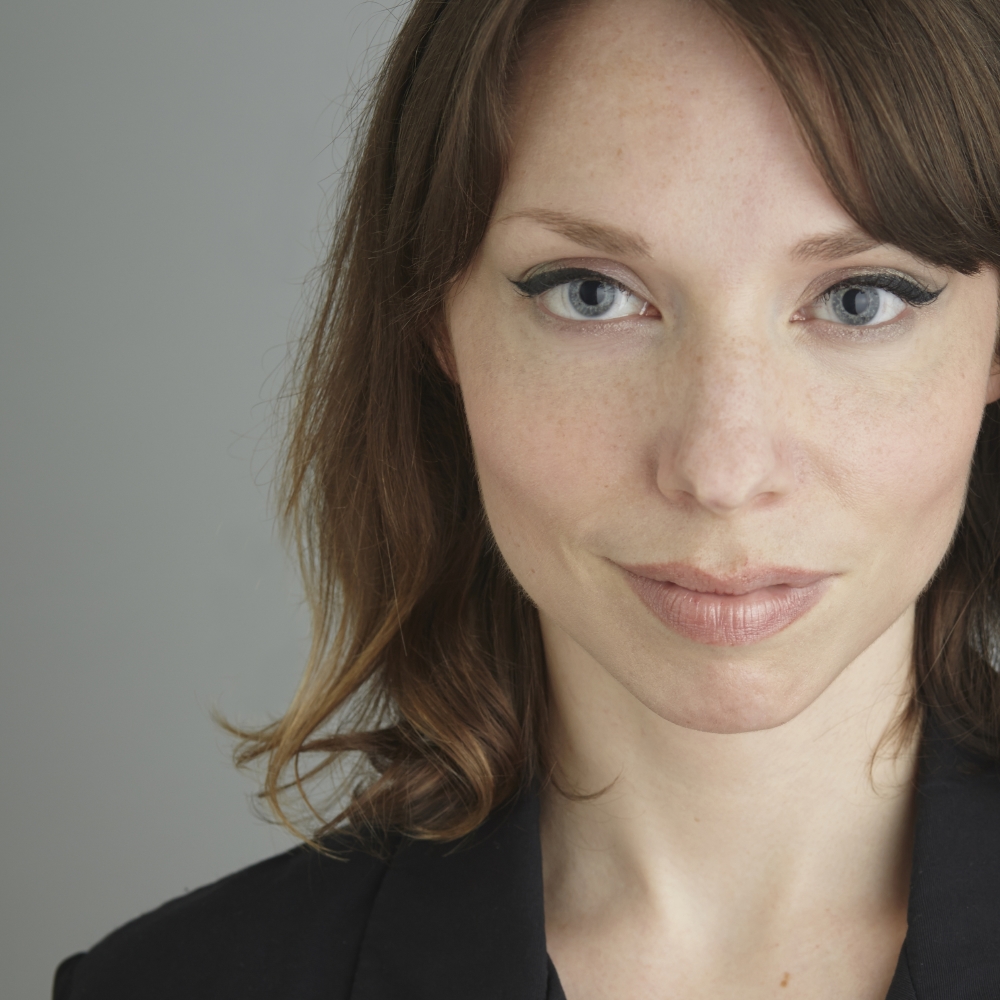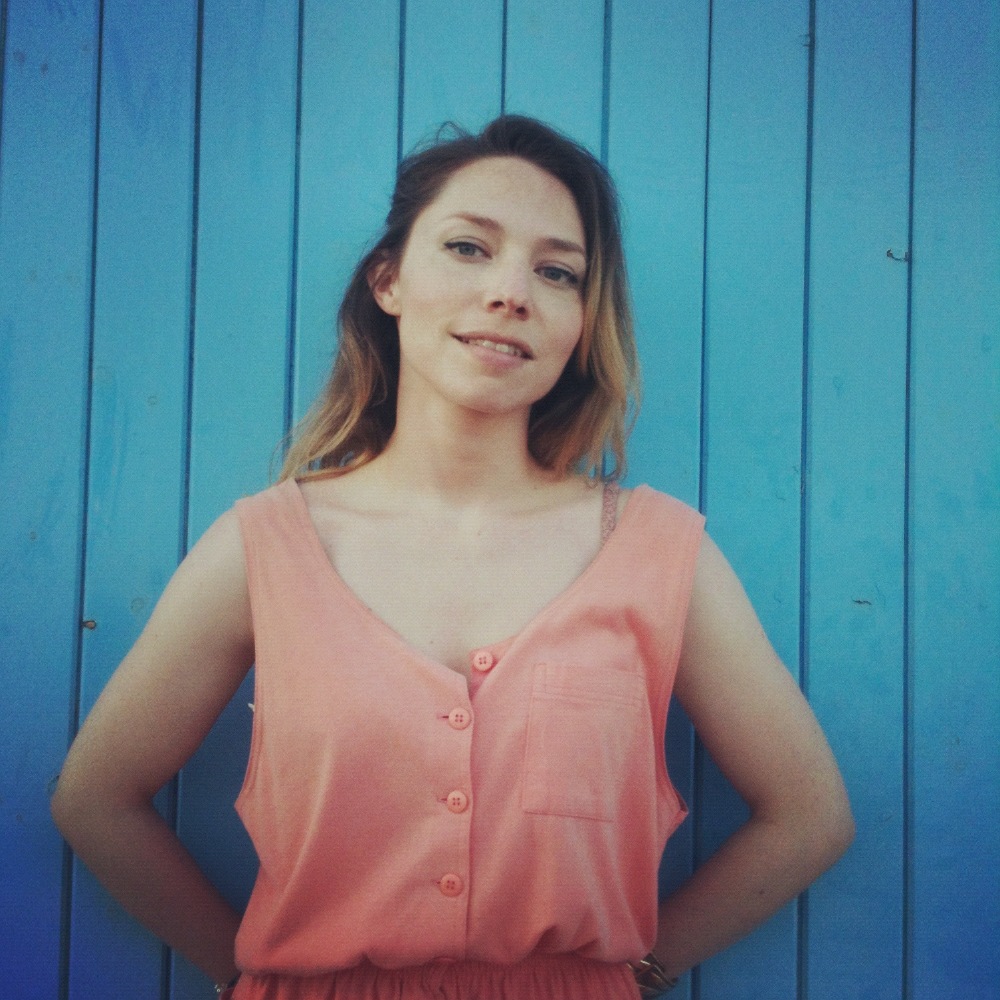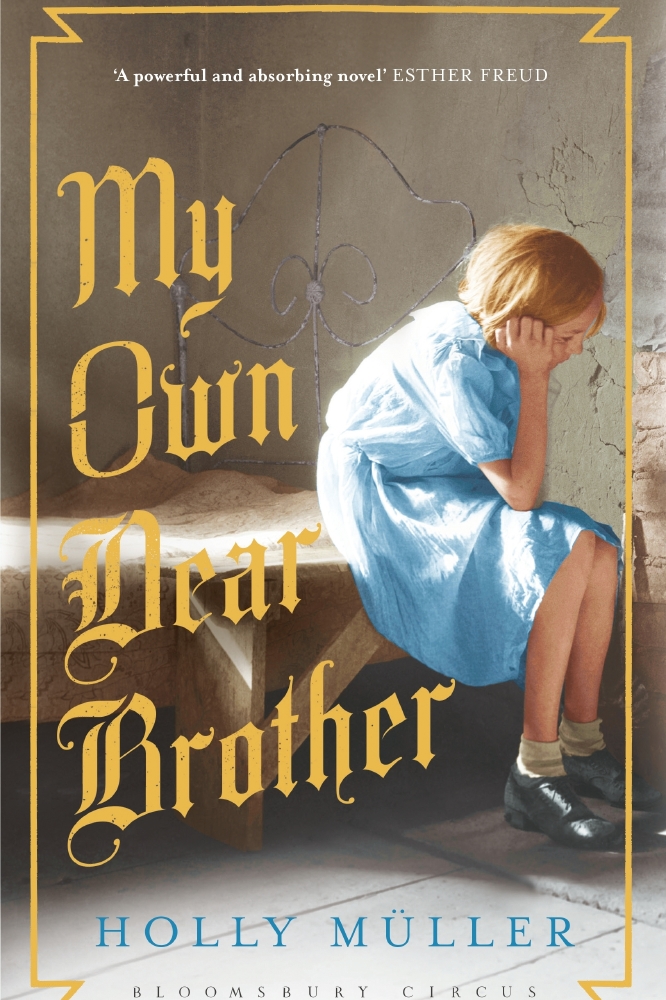Writing My Own Dear Brother brought me face-to-face with the horrifying reality of 1940s wartime Austria, when the Nazis murdered thousands of disabled people, labeled as 'life unworthy of life'. One of my main characters, Schosi, is a teenage boy with a learning disability, closely based on my great uncle who lives in the Austrian countryside. My great uncle has a learning disability and autistic traits. He spends obsessive hours petting or feeding his mangy ginger cats, murmuring to them in his soft monotone, or tinkering with his wristwatch. I share his love of cats and once helped him conceal a litter of kittens born in his shed, saving them from his brother who would soon come to smash their heads with a stone (from his point of view, there were enough mousers already). In a nearby barn, we gently deposited the kittens inside the torn upholstery of an old car, then coaxed the mother cat to the nest.

Holly Muller
My affection for my relative has certainly been written into the character of Schosi. I've also drawn upon my work with disabled adults. I now provide support to disabled university students but used to work with adults with learning disabilities in their own homes. Involved in all aspects of their everyday lives, I got to know each person well. Relationships strengthened over time; trust was built and mutual respect. I worked to help all to meet their full potential.

So, when I researched the brutally pragmatic murder of disabled people in the Third Reich it hit me very hard. Seen as 'useless mouths' - a drain on resources in a time of economic crisis - those with disabilities were sent to designated clinics and killed. Children like Schosi disappeared. I read many testimonies about the shocking experiences of such children. I admit that I struggled to continue at times; it was so harrowing. But I felt there was an important story to be told and Schosi was wonderful and I wanted to write about his life, his world, his thoughts and feelings, to show him as more than a voiceless victim.
My great uncle, in his late seventies now, was a child just like Schosi, growing up in 1940s Austria. Somehow he survived - it could easily have been otherwise. When I visit him, I can't think of it, this awful outcome that might have been. He's no angel, no more than anyone else. On one occasion, he stole my parents' car keys because he wanted us all to stay a little longer. His face lit with mischief, he announced he'd hidden them amongst the myriad boxes in the cobwebbed garage. It took an age to locate them, so he got his wish. But he's undeniably a good man. His peaceful kindness is infectious. I love his lined and inquisitive face, his frank, un-judging eyes. He accepts me and my stilted German, my foreign clothes. He doesn't reject me for my difference or assess my value by what I can give. We're just two people - that is all. Two people who really like cats.

My Own Dear Brother by Holly Müller, published by Bloomsbury Circus, at £14.99

